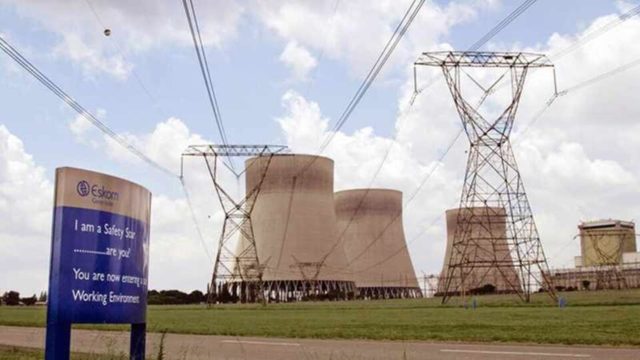Nersa is proposing that the electricity price should be determined using cost-reflective tariffs, and cost-reflective prices.
THE NATIONAL Energy Regulator of South Africa (Nersa) urged its stakeholders to give input to its proposed electricity price determination methodology (EPDM), citing that times were changing.
Nersa is proposing that the electricity price should be determined using cost-reflective tariffs and cost-reflective prices.
On Friday, the regulator held a virtual public consultation which aimed to engage with external stakeholders to provide additional input and clarification for aspects of the new Electricity Price Determination Methodology (EPDM) – the source document for the workshop was the EPDM Consultation Paper.
Nersa held the meeting at the time that the embattled power utility Eskom is proposing new power tariffs and bids that on-grid solar users pay R938 per month even if they don’t use its electricity. Eskom said the tariffs needed to be modernised to reflect the changing electricity environment.
South Africa has been experiencing the worst load shedding ever, due to among other issues Eskom’s grid being unable to handle the increased energy demand and ageing power stations needing constant maintenance.
In the virtual meeting, Nhlanhla Gumede, Nersa’s full-time regulator member, said: “I’m hoping that we eventually came across properly in terms of what we are proposing between tariffs, cost-reflective tariffs, and cost-reflective prices”.
He said cost-reflecting prices would mean that users were charged for the services that they are consuming.
Gumede said in terms of tariffs, Nersa was proposing a shift in Eskom revenue regulation.
“We are looking for suggestions because we must move forward. We can’t stand still unless people are saying let’s rather stand still. South Africa is burning as we speak. Not literally, figuratively. But that’s all that we are asking in terms of implementation,” he said.
Gumede said South Africa and the economy were changing.
He said if the methodology was approved in September, as the stakeholders are required to enter their submissions, it would take two years to implement the changes.
“The implementation itself can only start in 2024. But we do recognise that it’s not going to be a big bang evolution,” he said.
Gumede said Nersa was aware that there would be a bit of resistance to its proposed changes.
“A lot of people, especially the municipalities, will say, Sorry, we don’t keep that kind of data that you are asking for. In terms of distribution, we are one municipality, we don’t have those separate books. That is a possibility. So the implementation will take time,” he said.
He said Nersa was looking forward to people commenting on the proposal no matter what their views were.
“People might say let’s rather stick with what we have. The devil that you know is better than the devil you don’t know. Let’s not change because what we might be changing to. It might be worse than what we have. What we are asking of you is that you please comment,” he said.
– BUSINESS REPORT








